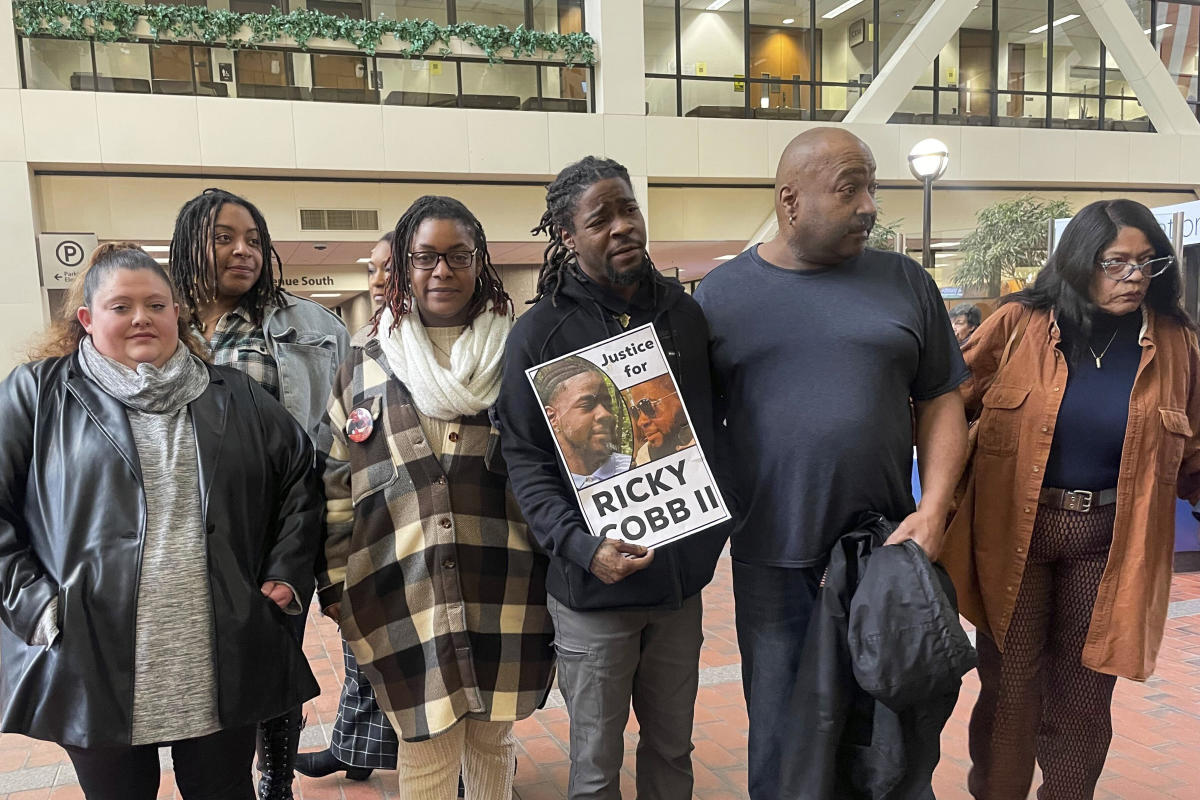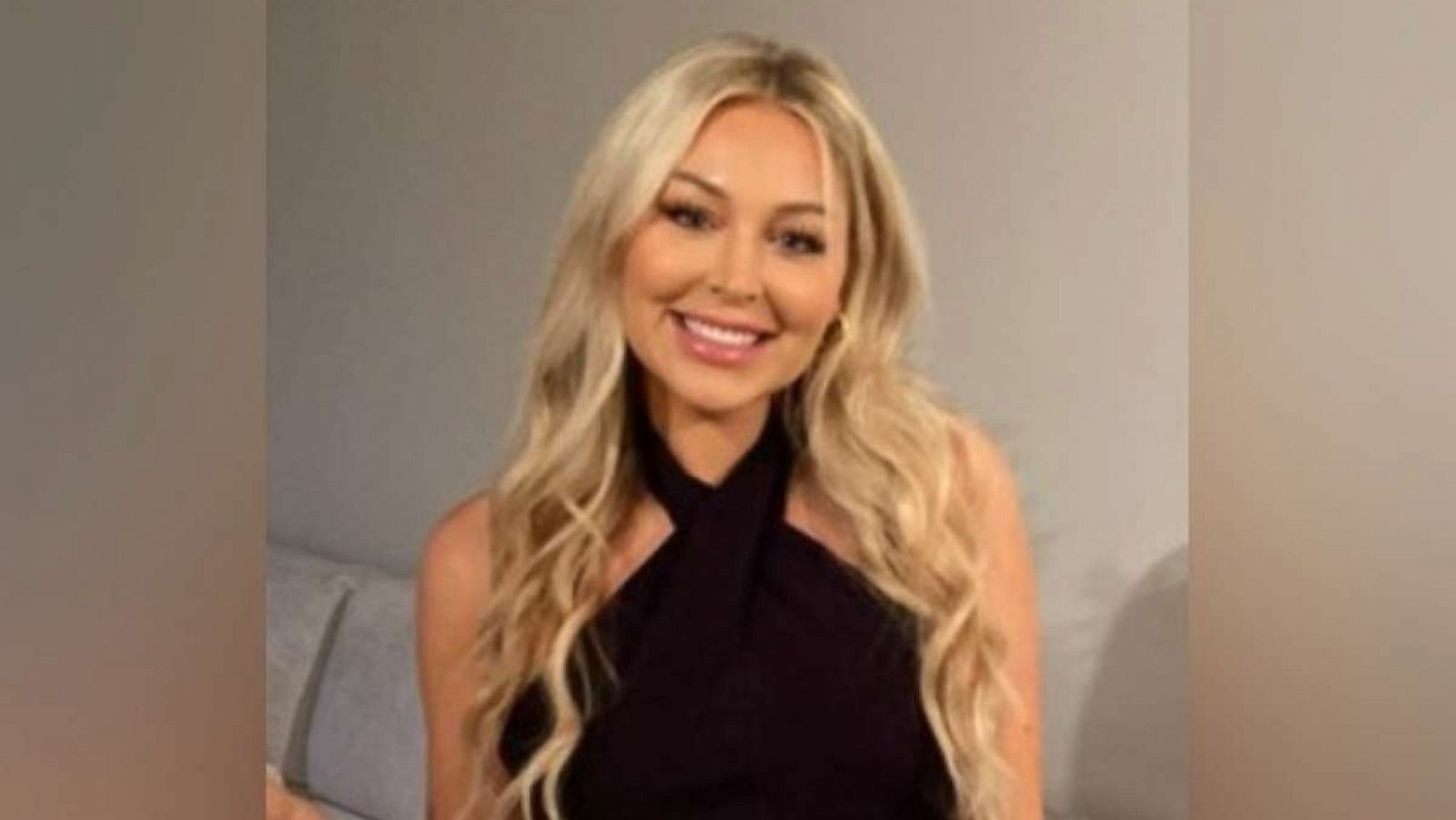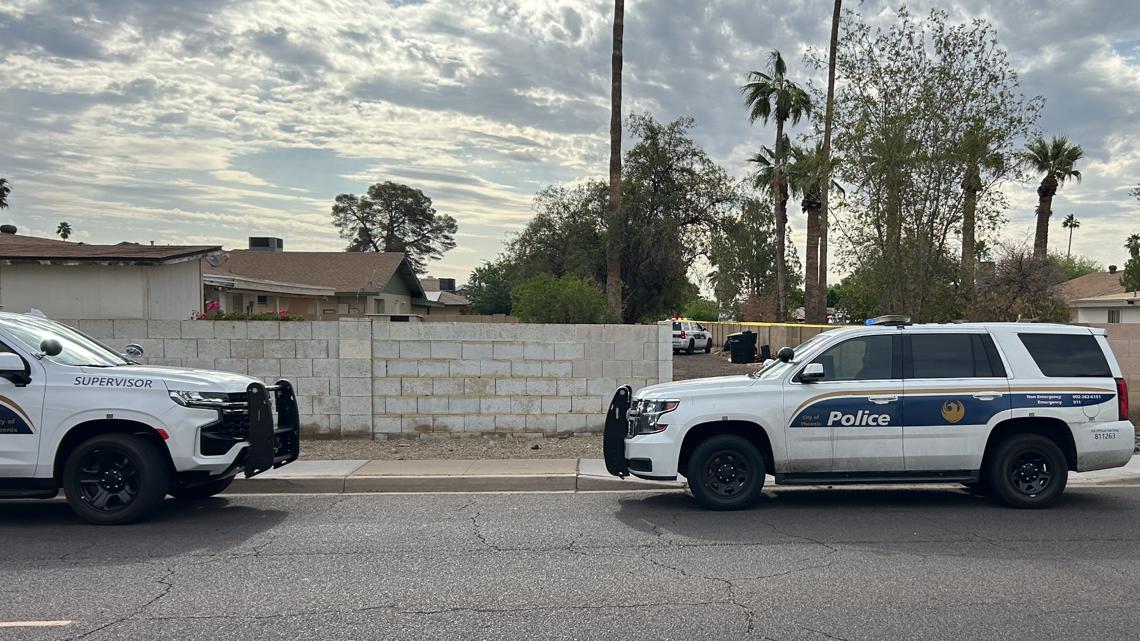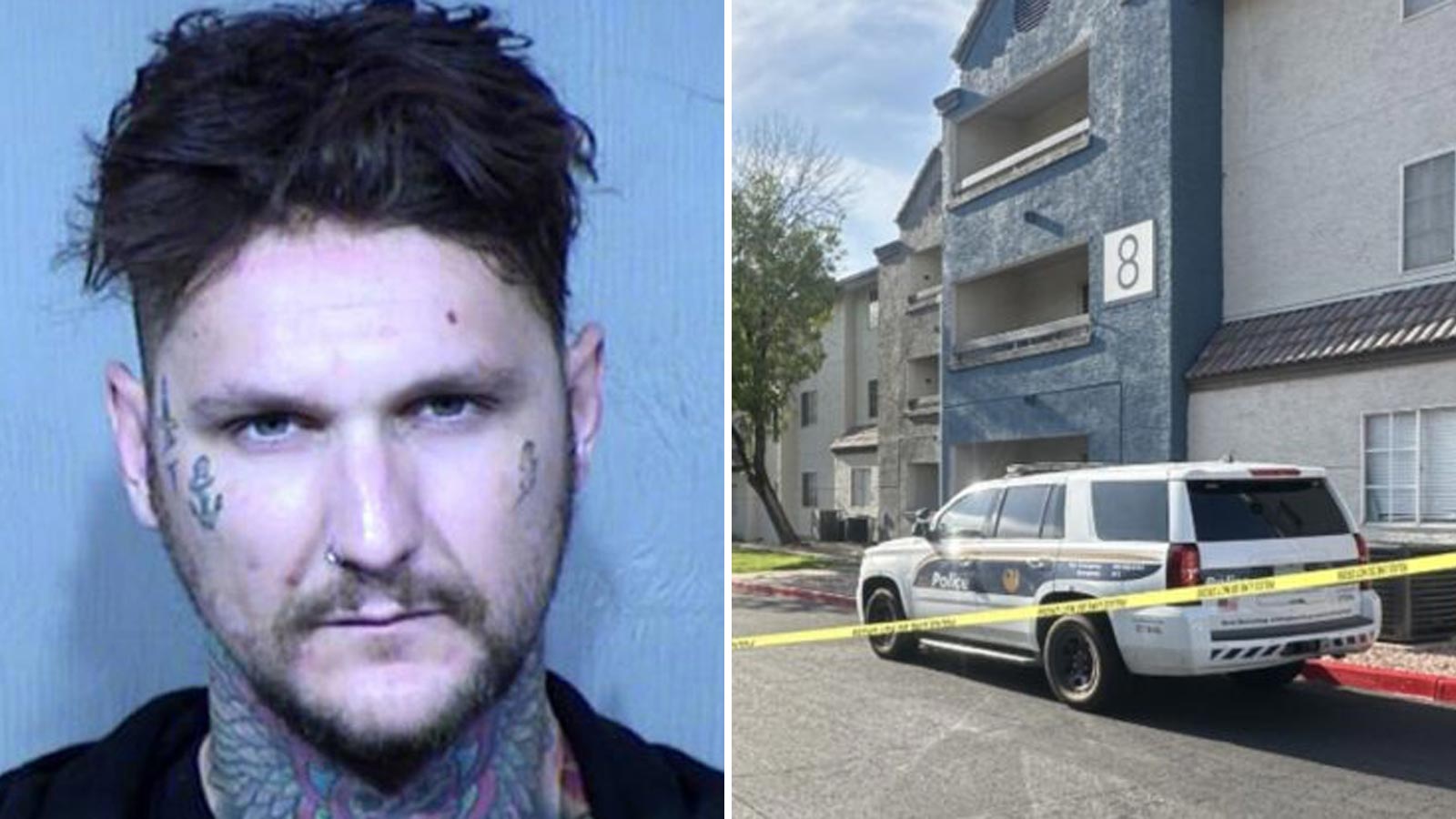Hennepin County Attorney Mary Moriarty faced criticism as it was revealed that a grand jury was convened in the case of Ricky Cobb II’s killing by a Minnesota State trooper, Ryan Londregan. While Moriarty did not use the grand jury to make charging decisions, defense attorney Chris Madel accused her of abusing the process for investigative purposes. The case has stirred debates about using grand juries in cases involving law enforcement’s use of force, echoing past controversies.

Moriarty’s Grand Jury Decision
Hennepin County Attorney Mary Moriarty, following her predecessor Mike Freeman’s practice, convened a grand jury after the shooting of Ricky Cobb II by State trooper Ryan Londregan. Moriarty faced backlash despite not using the grand jury for charging decisions, with accusations of using it as a substitute for discovery, according to court filings.
Moriarty did not reference a grand jury while charging Trooper Londregan. The trooper was charged with second-degree murder, second-degree manslaughter, and first-degree assault for killing Ricky Cobb II during a traffic check on Interstate 94 in north Minneapolis.
Londregan’s defense attorney, Chris Madel, argued that Moriarty abused the grand jury process for fact-finding instead of making a charging decision herself. The defense claims that the case should be dismissed or that Moriarty’s office should be disqualified. Similar controversies arose in past cases, such as the fatal shooting of Justine Ruszczyk Damond in 2017.
READ ALSO: Man Exonerated as Innocent in Friends’ Freezing Deaths After Chiefs Game, Attorney Reveals
Controversy Over the “Blue Wall of Silence”
According to political science professor David Schultz, Moriarty’s grand jury investigation is legal. Grand juries are criticized for secrecy and lack of defense representation. It was utilized to acquire evidence and data.
The article discusses the “blue wall of silence,” referring to law enforcement officers protecting themselves from incriminating information. Both Moriarty and her predecessor Freeman relied on grand juries in cases involving police shootings, highlighting challenges in obtaining cooperation during investigations. Recent advancements, such as body-worn cameras, have altered the landscape of evidence gathering.
READ ALSO: Every year, cars with disguised license plates cost NYC $108 million



